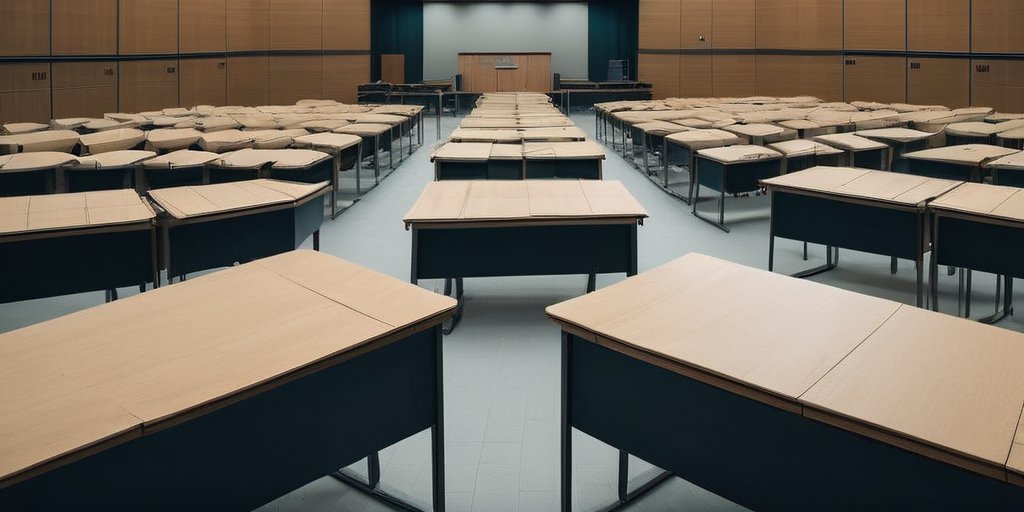This week, the University of California system and Princeton University joined top institutions like Harvard, Duke, and Stanford in announcing hiring freezes due to spending cuts imposed by the Trump administration. This reaction is a direct result of significant reductions in funding that many colleges and universities are grappling with, which stem from an effort to reduce what the Trump administration labels as wasteful spending in the federal budget.
One of the most drastic measures reported was at Johns Hopkins University, which announced plans to lay off more than 2,000 employees due to a $800 million loss in funding from the U.S. Agency for International Development. These budgetary constraints are exacerbated by the countless investigations universities are currently facing regarding their handling of Jewish students during prolonged pro-Palestinian protests last spring, which erupted in response to the ongoing conflict in Gaza.
Furthermore, in a notable escalation of actions targeting elite universities, the Trump administration has focused its efforts on Columbia University, which has seen about $400 million in federal grants and contracts canceled over claims of antisemitism on campus. This move not only affects Columbia directly but serves as a reminder to other institutions of the potential consequences of unchecked protests on campuses.
The turmoil surrounding these universities comes amidst increased federal scrutiny and actions that include an executive order by President Trump aiming to combat antisemitism on college campuses. He announced this order shortly after taking office for the second time, directing schools to monitor and report international students’ activities, alluding to a sharper focus on campus activities that the administration regards as threatening to national safety and unity.
Lee Bollinger, president of Columbia University, condemned the situation as the most serious intrusion into academic freedoms in decades, underscoring a pattern where the government is attempting to shape ideological conformity in higher education. This raises concerns about how government actions may undermine institutional autonomy, impacting the quality of education and research the United States has been known for historically.
In direct response to escalating pressures, universities are faced with the challenging decision of whether to pursue legal action or acquiesce to political pressures that could reshape or constrain academic freedoms and civil liberties. In the wake of these developments, university leaders warn that the ramifications of federal actions could ultimately hinder America’s global competitiveness in research and education, with the potential for a long-term negative impact on attracting top-tier talent from abroad.
The ongoing assault on educational institutions has been compared to historic struggles faced during the McCarthy era, where political ideology dictated the fate of educators and influenced the environmental climate of schools and universities. This creates a precarious environment for higher education leaders, forcing them to navigate complex and fractious political waters while attempting to uphold their institutions’ values and commitments to free thought and inquiry.
